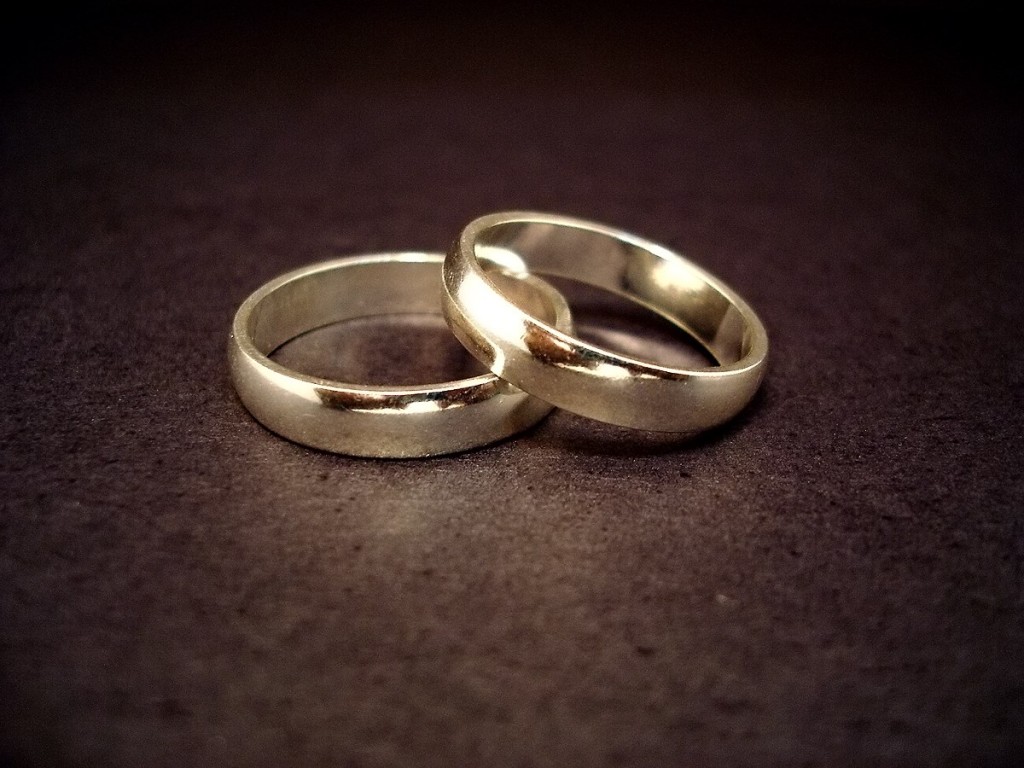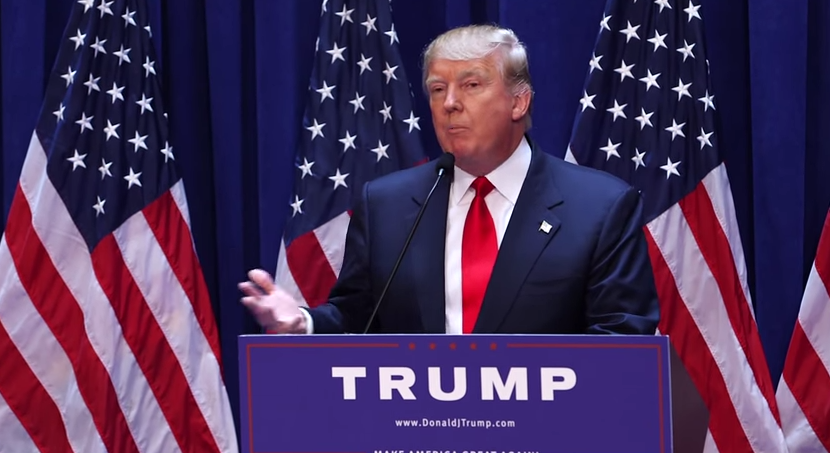My mother and I were sitting across from each other at the dinner table, talking about marriage, love, the Gospel, and family. It could have been indistinguishable from the hundreds of times we’ve conversed immediately after the last morsel of supper, if not for the thrilling/frightening/predictable/incomprehensible fact that I’m getting married soon. As she has done my entire life, Mom looked at me in the eyes and encouraged me to ask God for the grace, love, and strength to lead my wife and home.
We talked about what it means for a husband to be the head of a home. We talked about what it means for a husband to love his wife in such a way that he would rather be crucified than harm her. We talked about what it means for a husband to assume responsibility for a family. She quoted the Bible frequently as she always has. She insisted that the only possible way any man can be the husband he is supposed to be is if God gives him grace to be so.
Of course, none of this was novel to me–exhortation, not education. It’s always been, praise God, the way my parents and family spoke. But I realized soon after our conversation that even if what Mom was saying might have been normal and agreeable and even obvious in that drafty little dining room, it probably would have sounded radical, ridiculous, and even cruel to many of our neighbors on Lovers Lane.
In my parents home, I can take for granted that the words “men” and “women” are not arbitrary or interchangeable creations of culture. But outside, in Louisville, Kentucky and most likely on that sleepy street, to suggest that there is a meaningful difference between what it means to be a man and what it means to be a woman is treason against humanity. The people pumping gas right beside me at Kroger have learned from the children of the sexual revolution that male and female are not realities but flavors, available to any who opt for them and utterly disconnected from any “design” or transcendent “purpose.” What was propaganda only twenty years ago is now policy.
My fiancé Emily and I believe the spirit of the age is wrong. We believe that man and woman were created for each other for a glorious and cosmically significant destiny of completion. We believe it means something for Samuel to be a man and for Emily to be a woman, and those realities are neither interchangeable nor arbitrary. We believe that marriage in general and our marriage in particular is not our invention and is not subject to our whims and self-determining wills. Our wedding will not just be about us; it will be about something greater, a sacrament of indescribable significance that stretches back to the beginning of the world. Mine and Emily’s union will be a declaration that marriage is from God, it is for one man and woman for life, and that there is nothing whatsoever that any Gallup poll, Supreme Court or civilization can do to alter the fact.
What if we’re wrong? Does it matter? Would it mean anything at all if Emily and I enter into a union while being completely wrong about its elemental definitions? The answer is no and yes.
No, because from a sociopolitical standpoint, what Emily and I believe about this thing called marriage is irrelevant. It will not be our voices before the Supreme Court; it will not be our signatures required for historic legislation. It is unlikely that Emily and I will ever be known or remembered by more than a few people in the history of the planet. In that sense, no, it doesn’t matter if we are wrong about marriage.
But yes, it does matter, because it is impossible to be wrong about what something is without being wrong in your response to it. If marriage is what Stan Mitchell now says it is, then no matter how fun our honeymoon is or how few arguments we have or how old we grow together, Emily and I will not truly understand what this “profound mystery” really is about. We will be doing marriage wrong, sinning against each other through ignorance of ourselves and of our union. If you believe marriage is sacred at all, whether between men and women or people of the same sex, you also believe that misunderstanding marriage carries unavoidable consequences. It is always serious to misjudge the holy.
It matters for my marriage that I understand correctly what marriage is. That’s why I can scarcely imagine how frustrated I would be to be a member of Gracepointe Church right now. If pastor Mitchell has been convinced from the biblical text that marriage has no transcendent meaning that infuses purpose into the one-flesh union of man and wife, I need to know that. I need to hear the reasons why marriage is not what the church has unanimously through history said it is. I need to know not just for my theological curiosity but for the sake of my own marriage! That’s why it grieves me to hear pastor Mitchell talk about “Selma” and “history” and “memoirs.” That’s not what Emily and I need. We don’t need reasons history books will love us if we affirm same-sex marriage. We need to know what marriage is so we can do it.
Pastor Mitchell’s evasiveness reminds me of a popular riposte from same-sex marriage advocates: “Same-sex marriage doesn’t affect you; if you don’t like gay marriage, don’t get married to a man!” From a secular worldview, this objection misses the point but there’s nothing really wrong with its basic assumptions. For the Christian, however, sentiments like that betray the belief that marriage–whether heterosexual, homosexual or otherwise–is really just common, base, and no more relevant to your life than your choice of soda or ice cream. That’s not an option for those who believe marriage is from God.
What marriage is affects Emily and me. Our wedding will ceremonially declare more than our love. Our essential belief about what this holy union really is will be on display. When Emily and I take our vows, we are staking the richness of our life together on the belief that marriage is from God, that it is one thing and not another. Knowing the truth about marriage isn’t a theological or philosophical exercise. It’s not political tug o’ war. It’s a matter of obedience to God and faithfulness to one another.
I simply don’t trust a pastor who speaks of his “transformation” on the definition of marriage by appealing to how significant a historical event it is. That’s not pastoral care, it’s politics. It’s also a spiritually fatal equation. Marriage is from above, not below. It is the business of the city of man to debate, but it is the business of the city of God to know and obey truth. For the love of God, and for the sake of marriages everywhere–including mine–proclaim what marriage is.













